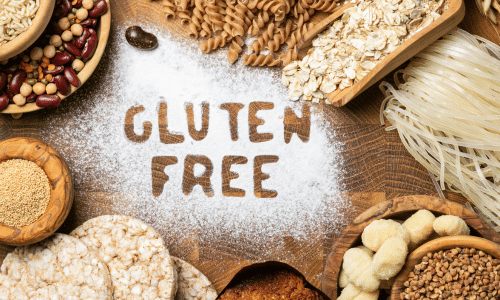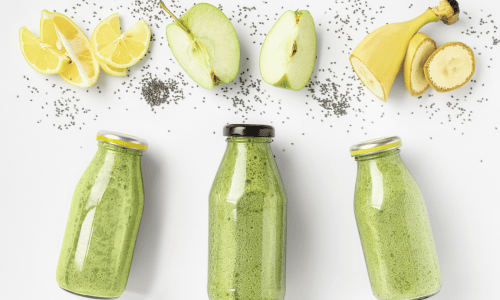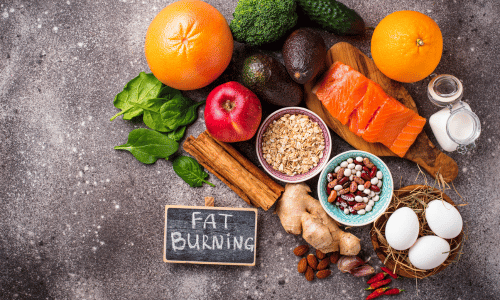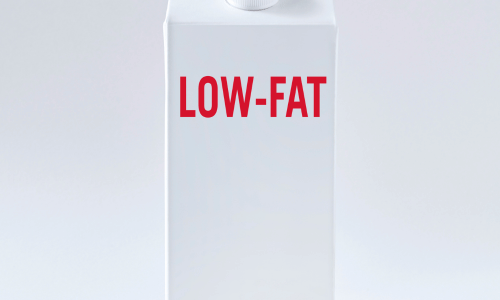10 Nutritional Myths Debunked
In our quest for a healthier lifestyle, it’s crucial to differentiate between fact and fiction in the realm of nutrition. With an overwhelming amount of information available, it’s easy to fall prey to common misconceptions. This comprehensive top-10 list aims to debunk the most prevalent nutritional myths, allowing you to make informed and beneficial food choices. We’ll delve into the truths about gluten-free diets, sugar alternatives, the role of fats and carbs in weight management, and the real deal about detox diets. Let’s embark on this enlightening journey to unveil the facts behind these nutritional myths.
1. Myth: Eating Healthy is Expensive

Reality: A common misconception is that a nutritious diet is costly. However, with thoughtful meal planning and savvy shopping techniques, eating healthily can be quite affordable. Tips like planning meals around sales, buying in-season fruits and vegetables, and stocking up on affordable staples such as brown rice, lentils, and dried beans can make a significant difference. Opting for frozen or canned fruits and vegetables can also offer a cost-effective alternative to fresh produce, without sacrificing nutritional value.
2. Myth: Gluten-Free is for Everyone

Reality: Gluten-free diets have become trendy, but they are essential primarily for those with celiac disease or gluten sensitivity. For the general population, gluten-containing whole grains are nutritious, offering essential B vitamins and fibre. It’s important to understand that gluten-free products are not inherently healthier and may lack these beneficial nutrients.
3. Myth: Natural Sugars are Much Healthier

Reality: The allure of natural sweeteners like honey, maple syrup, and coconut sugar often leads people to believe they are healthier than white sugar. While they do contain minor amounts of vitamins and minerals, the differences are negligible. Like white sugar, these natural sweeteners are still added sugars and should be used in moderation as part of a balanced diet.
4. Myth: Full-Fat Equals Weight Gain

Reality: The fear of dietary fats is outdated. Fats, particularly unsaturated fats found in olive oil, nuts, and avocados, are essential for various bodily functions such as organ protection, cell membrane maintenance, and nutrient absorption. Moderation is key, and choosing healthy fats over those high in saturated and trans fats is crucial for maintaining a balanced diet.
5. Myth: Carbs are Bad for Weight Loss

Reality: Carbohydrates have been unfairly demonized in the context of weight loss. In reality, healthy carbs like fruits and whole grains are vital components of a balanced diet. The issue lies more with highly processed carbs, which are often high in added sugars and low in nutrients. Eliminating these rather than all carbs can contribute to a healthier dietary pattern and effective weight management.
6. Myth: Detox Diets Cleanse the Body

Reality: The concept of detox diets has gained popularity, but the truth is that the body naturally detoxifies through organs like the liver and kidneys. These diets often promise benefits that are not scientifically proven. A more effective approach to rejuvenating the body involves eating a diet rich in whole foods, staying hydrated, and reducing the intake of processed foods.
7. Myth: Don’t Eat After 7 p.m.

Reality: The idea that eating after 7 p.m. leads to weight gain is a misconception. Weight management is more influenced by the types of food consumed and the reasons behind eating rather than the time of day. Late-night snacking, if focused on unhealthy options or driven by non-hunger reasons like boredom, can contribute to weight gain.
8. Myth: Certain Foods Burn Fat

Reality: The notion that certain foods like grapefruit, cayenne pepper, or vinegar can burn fat is a myth. No specific food can significantly boost metabolism or lead to fat burning. Sustainable weight loss and management are achieved through a balanced diet combined with regular physical activity.
9. Myth: Just Avoid the Salt Shaker to Reduce Sodium

Reality: Reducing sodium intake involves more than just putting away the salt shaker. A significant amount of sodium in the average diet comes from processed and restaurant foods. To effectively reduce sodium, it’s important to focus on cooking fresh, homemade meals and limiting the consumption of processed foods.
10. Myth: Low-Fat Products are Healthier

Reality: Many low-fat or fat-free products compensate for the reduction in fat with added sugars or sodium, which can negate any health benefits. Fat plays a crucial role in satiety and nutrient absorption. Choosing regular-fat options in moderation can be a healthier choice, as they can help maintain fullness and prevent overeating.
Debunking these top 10 nutritional myths allows us to approach our diets with a more informed perspective. Understanding the reality behind these common misconceptions can empower us to make healthier choices, leading to improved overall well-being. Remember, nutrition is highly individualized, and what works for one person may not work for another. A balanced, varied diet based on whole foods is generally the best approach to nutrition.
We invite you to join the discussion on these nutritional myths! Do you have any personal experiences or additional myths to share? Your insights are valuable, and we encourage you to comment below with your thoughts, experiences, and questions. Let’s continue learning and sharing about nutrition and health together.





